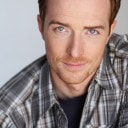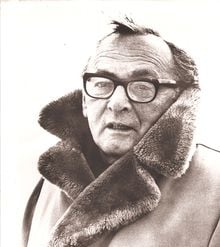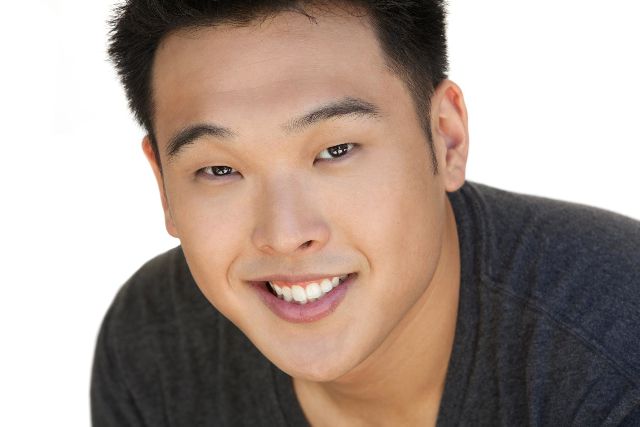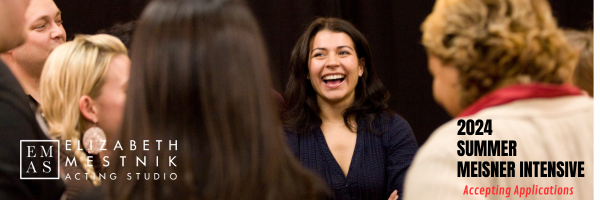
I want to share with you how important this work is that we do. As many of you know we had a very difficult day in our family yesterday. Our beloved dog, Oliver passed away. He was almost 15, and I had had him since he was three months old. My children have never known a world without him. We are all grieving, and it is hitting my daughter very hard. I am so grateful that I know how important it is to honor whatever feelings happen in times like this, to allow it, to accept it, to work with it, to work through it.
Many people try to avoid it, to repress it, and even though it meant that I sat in the bathroom of my sons school with him while he cried for 20 minutes …that was OK. I did not tell him to suck it up, or that it was OK, we just sat there on the tiny toilet and were sad and cried. He shared at the end of the day that he cried in class a couple times, and his classmates also cried about their own losses and he seems to be processing it really well. (thank God for Montessori school that is keyed into the emotional life of children as well as the academic)
My daughter, unfortunately, is in the throes of middle school. I think you all remember those years where you’re unbelievably self-conscious. She did not allow herself sadness at school. She just stuffed it down and stuffed it down all day until she got home at 6:30 last night and it all overwhelmed her and she’s not processing , she does not want these feelings. Before bed, it all came up again, and she balled for over an hour. It’s almost as though her inability to release emotions when it happened compounded them. But I just sat there with her and Hugged her and honored her feelings and cried with her too.
It’s not easy, to let these emotions roam free. But for my children’s sake, I am so glad that I am comfortable being uncomfortable. I’m glad I could sit there and not try to fix it. Meisner training taught me that. Sometimes this training is for more than acting.
~ Elizabeth

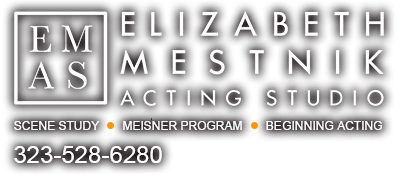
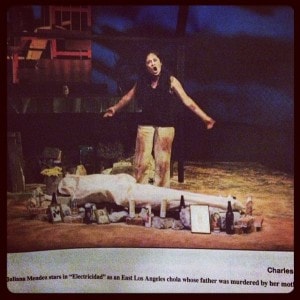 An alumnus of Elizabeth Mestnik Acting Studio’s Meisner program, Juliana Mendez is an LA based Actress currently making a name for herself in film and on stage.
An alumnus of Elizabeth Mestnik Acting Studio’s Meisner program, Juliana Mendez is an LA based Actress currently making a name for herself in film and on stage.